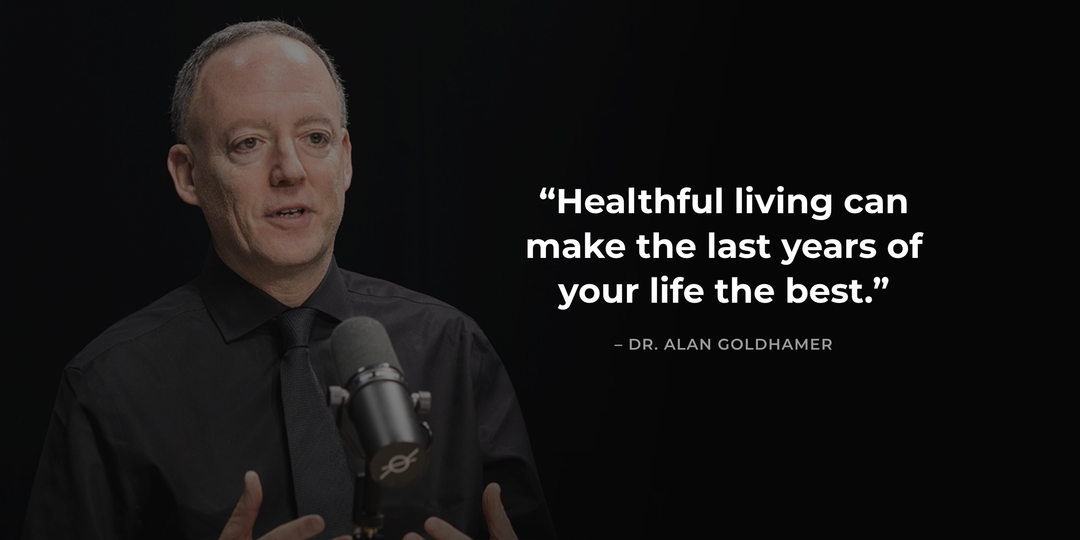The Most Common Ways to Detox

There are many ways to do a detox diet — ranging from total starvation fasts to simpler food modifications. Detox diets can vary in intensity and duration.
Most detox diets involve at least 1 of the following:
- fasting
- only drinking juices
- avoiding all allergenic foods, then slowly reintroducing them
- using a sauna
______________________________________________________________________
Plant-based diets and the gut microbiome
We know that the food you eat has a significant impact on your gut microbiome.
Eating a variety of different plants has been shown to promote the growth of beneficial microbial species in your gut.
A healthy gut microbiome provides benefits across the body. These include improving the immune system and digestive health, as well as reducing inflammation.
According to Prof. Tim Spector, one of the world's leading gut microbiome researchers and ZOE’s scientific co-founder, one key to a healthy gut microbiome is eating 30 different plants each week.
Research from The American Gut Project shows that people who eat 30 different types of plants per week have a more diverse gut microbiome than those who eat 10 or fewer plants per week.

How Can You Improve Your Gut Microbiome?
There are many ways to improve your gut microbiome, including:
-
Eat a diverse range of foods: This can lead to a diverse microbiome, which is an indicator of good gut health. In particular, legumes, beans and fruit contain lots of fiber and can promote the growth of healthy Bifidobacteria.
-
Eat fermented foods: Fermented foods such as yogurt, sauerkraut and kefir all contain healthy bacteria, mainly Lactobacilli, and can reduce the amount of disease-causing species in the gut.
-
Limit your intake of artificial sweeteners: Some evidence has shown that artificial sweeteners like aspartame increase blood sugar by stimulating the growth of unhealthy bacteria like Enterobacteriaceae in the gut microbiome.
-
Eat prebiotic foods: Prebiotics are a type of fiber that stimulates the growth of healthy bacteria.
-
Eat whole grains: Whole grains contain lots of fiber and beneficial carbs like beta-glucan, which are digested by gut bacteria to benefit weight, cancer risk, diabetes and other disorders.
-
Try a plant-based diet: Vegetarian diets may help reduce levels of disease-causing bacteria such as E. coli, as well as inflammation and cholesterol.
-
Eat foods rich in polyphenols: Polyphenols are plant compounds found in red wine, green tea, dark chocolate, olive oil and whole grains. They are broken down by the microbiome to stimulate healthy bacterial growth.
-
Take antibiotics only when necessary: Antibiotics kill many bad and good bacteria in the gut microbiome, possibly contributing to weight gain and antibiotic resistance. Thus, only take antibiotics when medically necessary.
The bacteria and other microbes in your gut help you digest food and may support immune, heart, and brain health, among other benefits.
Your body is full of trillions of bacteria, viruses and fungi. They are collectively known as the microbiome.
Although many different types of microbes live inside you, bacteria are the most studied.
In fact, there are more bacterial cells in your body than human cells. There are roughly 40 trillion bacterial cells in your body and only 30 trillion human cells. That means you are more bacteria than human.
What’s more, there are up to 1,000 species of bacteria in the human gut microbiome, and each of them plays a different role in your body. Most of them are extremely important for your health.






